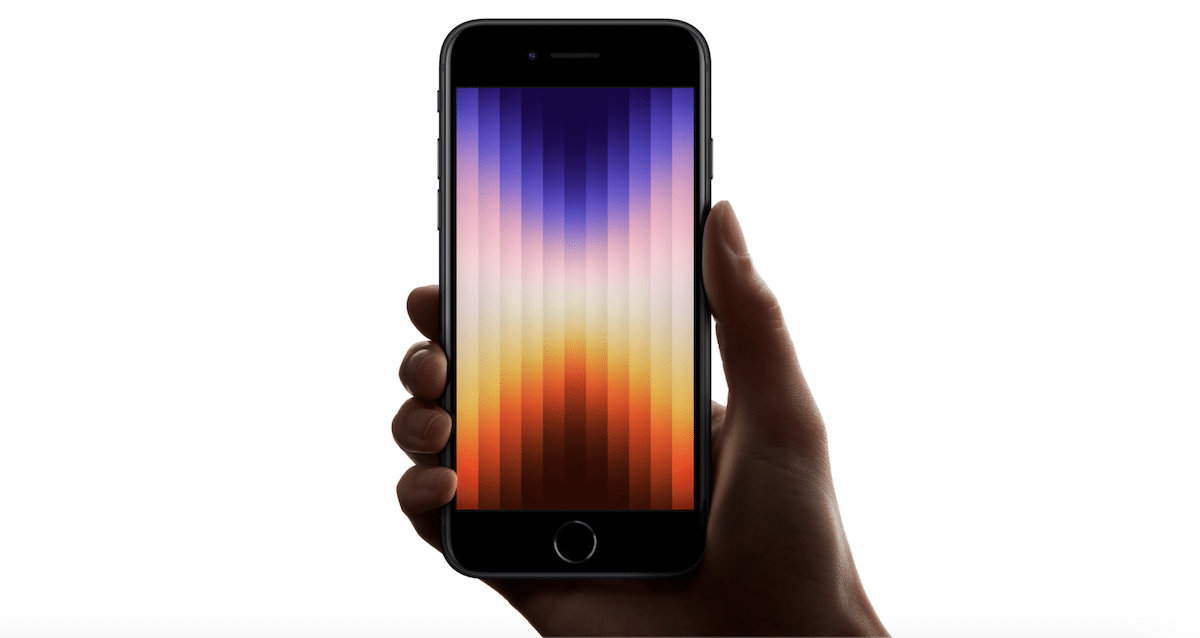According to a new report citing the chairman of Taiwan Semiconductor Manufacturing Co. (TSMC), demand for smartphones and PCs is slowing down. Consumer demand is starting to slow due to geopolitical uncertainties and COVID-related lockdowns in China. However, Bank of America analysts argue that iPhone demand is still strong due to lower trade-in prices.

Smartphone industry experiencing a lull, according to TSMC
As reported by Nikkei Asia, TSMC chairman Mark Liu says the slowdown in emerging areas “such as smartphones, PCs, and TVs,” particularly in China, the biggest consumer market. The slowdown can be attributed to rising costs for semiconductors and the ongoing Russia-Ukraine crisis.
“Such pressure could eventually be passed on to consumers,” Liu said on the sidelines of an industry event where he was speaking in his capacity as chair of the Taiwan Semiconductor Industry Association.
“Everyone in the industry is worried about rising costs across the overall supply chain… The semiconductor industry already and directly experienced that cost increase,” Liu said, adding that the industry is also concerned about macroeconomic uncertainties this year.
Despite the lull, the chairman affirmed that TSMC will not change its growth target and capital expenditure this year.
“Despite the slowdown in some areas, we still see robust demand in automotive applications and high-performance computing as well as internet of things-related devices,” he said. “We still cannot meet our customers’ demand with our current capacity. We will reorganize and prioritize orders for those areas that still see healthy demand.”
Recently it was reported that Apple is cutting production for the third-generation iPhone SE by 20%, or 30 million units this year. It was previously predicted that shipments for the budget iPhone could reach 30 million units in 2022 with five million units expected to be sold in the first quarter of the year.

As reported by CNBC, Bank of America analysts claims that the demand for iPhone is still strong despite reports of production cutback.
“While these articles might lead some investors to think there is risk to demand, we believe demand for iPhones remains strong based on our analysis of iPhone trade-in prices,” the Bank of America analysts said in a note. “This compares to the year 2019 when Apple was offering high trade-in prices vs 3rd parties to drive upgrades,” the analysts said.
In reference to the recent round of lockdowns being imposed in Shangai, the analysts went on to say that companies have learned to manufacture through COVID and Apple has the ability to relocate production to areas, resulting in minimum disruption. As of now, there is no material impact expected from these shutdowns.
Read more: